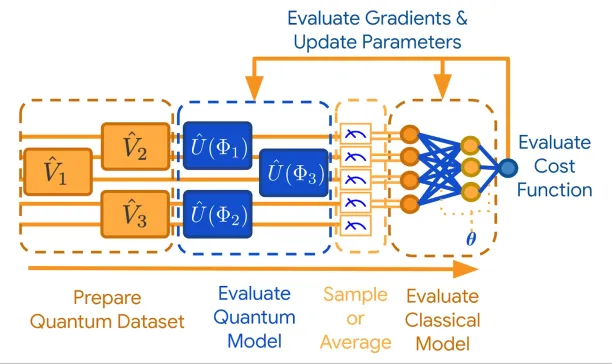Quantum AI in Businesses: Transforming the Future
Quantum AI, a cutting-edge technology, combines quantum computing principles with artificial intelligence. It can potentially transform business operations and drive innovation to new heights. Unlike traditional computers that rely on bits to process data, quantum computers use qubits, which can exist in multiple states simultaneously. This inherent parallelism enables quantum AI systems to process vast amounts of data at unprecedented speeds.
The Global Quantum AI Market is valued at USD 242.4 million in 2023 and is expected to grow to USD 1.8 billion by 2030, with a compound annual growth rate (CAGR) of 34.1% over the forecast period from 2023 to 2030 as per Market Digits reports.
The transformative potential of quantum AI harnesses quantum computing to reimagine artificial intelligence, providing groundbreaking solutions across industries. This article covers how quantum AI reshapes business strategies, optimizes operations, and fosters innovation in ways previously unimaginable. Welcome to the future of intelligence—welcome to the quantum revolution.
Top Vendors In The Global Quantum AI Market:
- Alibaba Group
- Alpine Quantum Technologies (AQT)
- Atos
- Bleximo
- C12 Quantum Electronics
- Diraq
- D-Wave
- Google Quantum AI
- IBM
- Intel
- Microsoft
- Quantinuum
- Rigetti
- Zapata
Understanding Quantum AI
Quantum AI refers to the application of quantum computing to machine learning algorithms. Leveraging the computational power of quantum computing, Quantum AI can produce results unattainable by classical computers.



Comments are closed.